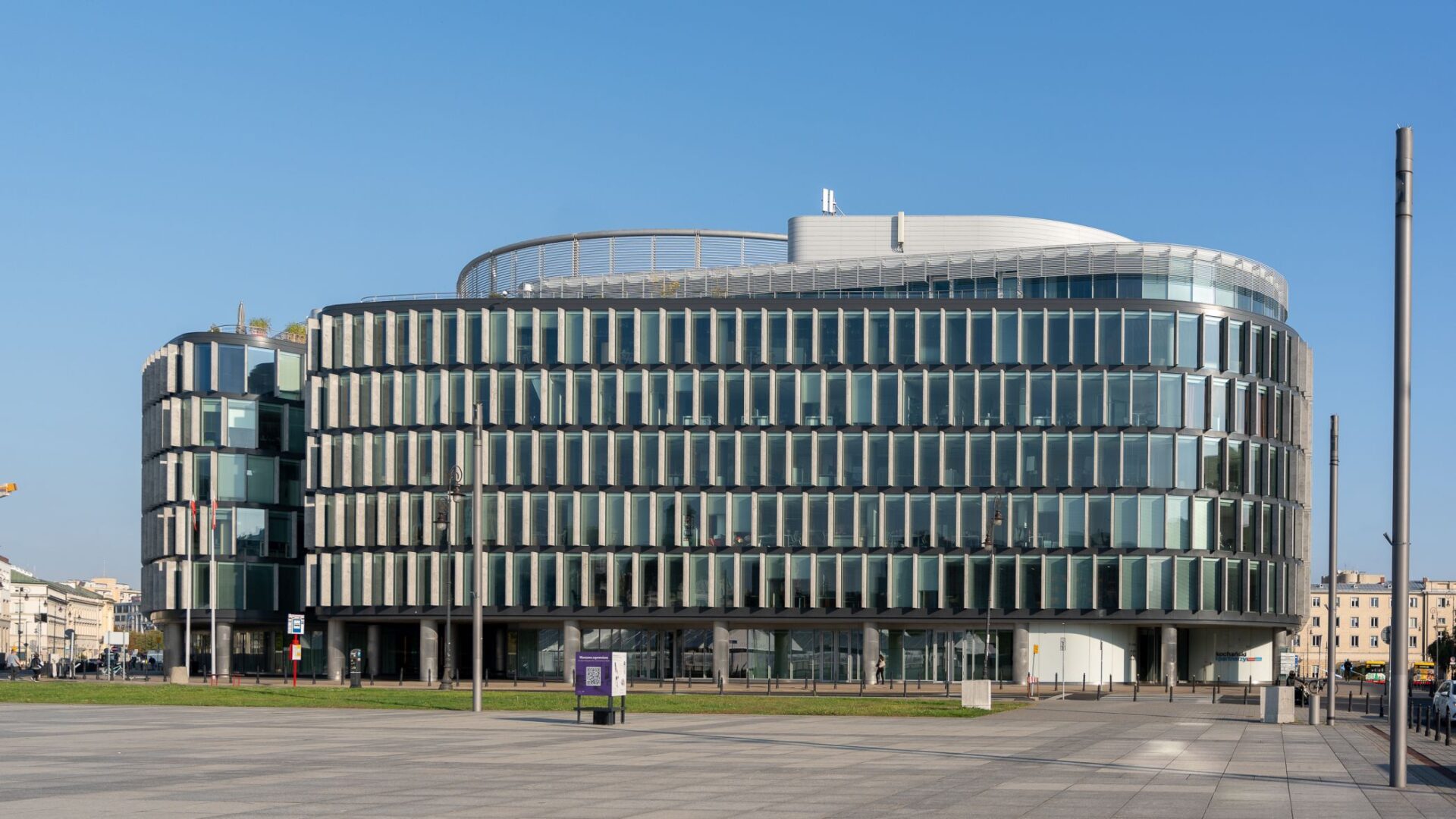Average prime office rental growth is up by a quarter, at 25.2 percent, for energy dependent cities – a city which is driven by the energy sector (oil and gas) for economic and real estate activity – this year. This far outstrips the average of 4.5 percent for other established office locations, according to the latest research from global property advisor CBRE, which covers 33 cities.
The respective growth, and real acceleration for energy dependent cities, is part of a global shift towards energy demand moving away from OECD (Organisation for Economic Co-operation and Development) to non-OECD countries. Emerging markets, particularly China, India and parts of Africa and the Middle East, are leading such demand.
In addition, global energy consumption has risen by 2.3 percent this year, with 80 percent of the increase attributed to non-OECD countries. China, for example, is expected to become the world’s largest oil importer and India is set to become the largest coal importer.
Such acceleration of energy production in non-OECD countries has led to steep increases in demand for good quality office space. Cities like Caracas, Jakarta and Baku are among the locations experiencing increased demand from energy companies which is forcing rental values up due to a lack of available good quality office stock. Caracas, Venezuela a city heavily invested in the energy sector, has seen prime office rents increase by 280 percent y-o-y, although this is also influenced by limited office development, high inflation and uncertain political conditions; Jakarta, Indonesia has increased by 42 percent while Baku, the energy focused capital of Azerbaijan, has picked up by 17.6 percent.
Luanda, the capital of Angola, is the second biggest oil producer in sub-Saharan Africa with energy sector occupiers accounting for a substantial portion of the market. Although rents have eased slightly over the past year, low supply and ongoing demand mean that the prime rent is $178 per sq ft pa, ranks it fourth of the cities surveyed.
Michael Armstrong, Director, EMEA Global Corporate Services, at CBRE, commented: “Energy markets continue to evolve at a rapid pace and the landscape is expected to undergo fundamental and lasting changes over the next 20 years. Energy supply is coming from a greater range of locations with such diversification effecting companies’ operational decisions and causing substantial impact on office markets. This is particularly the case in some emerging markets where there is limited office stock and high demand for space from energy sector companies.
“A year ago, on average energy dependent cities were up by 10.6 percent y-o-y compared to established business centres at 2.9 percent. The jump in growth to 25 percent signifies the upward rental trend of energy dependent markets.”
Iain Landsman, Associate Director, at CBRE, added: “In established markets, energy companies are increasingly using commercial property to attract and retain the best talent in a highly competitive sector. This has led to a number of companies consolidating or relocating to new bespoke headquarters.”
Claudia Chistova, Head of Office Research, at CBRE said: “Unlike other markets, oil and gas demand for office space is not critical for the dynamics of vacancy rates and rent. In recent years, the volume of transactions concluded by companies from this sector, represented 6 percent in 2012 and 10 percent in 2013. Sector’s activity in 2014 is expected to fluctuate around 7 percent of all office lease and sale transactions. However, if Transneft completes the acquisition of Evolution tower in Moscow-City by the end of the quarter, the share of energy sector could reach 17 percent of the total market activity. In this case, Transneft may stabilize the situation in Moscow-City, where current vacancy exceeds 35 percent. Purchasing activity of the sector is sufficiently significant. Major representatives often prefer to purchase offices rather than rent. Usually, the rental activity of oil and gas segment is converged around Class A and B+ in the center and south-east of the capital, due to “attraction” of the largest energy companies: for example Gazprom headquarters. Currently, the Moscow office market is under tension due to increasing vacancy coinciding with lower leasing activity related to geopolitical events. This trend is likely to continue through the early 2015, granting tenants and buyers opportunity to benefit from lower rates in the mid-term. Given that the oil and gas sector is export-oriented, and the ruble has shown a very strong decline in 2014. Activity of this group of tenants in 2015 is expected to be high enough regardless of 25 percent drop in oil prices.”







